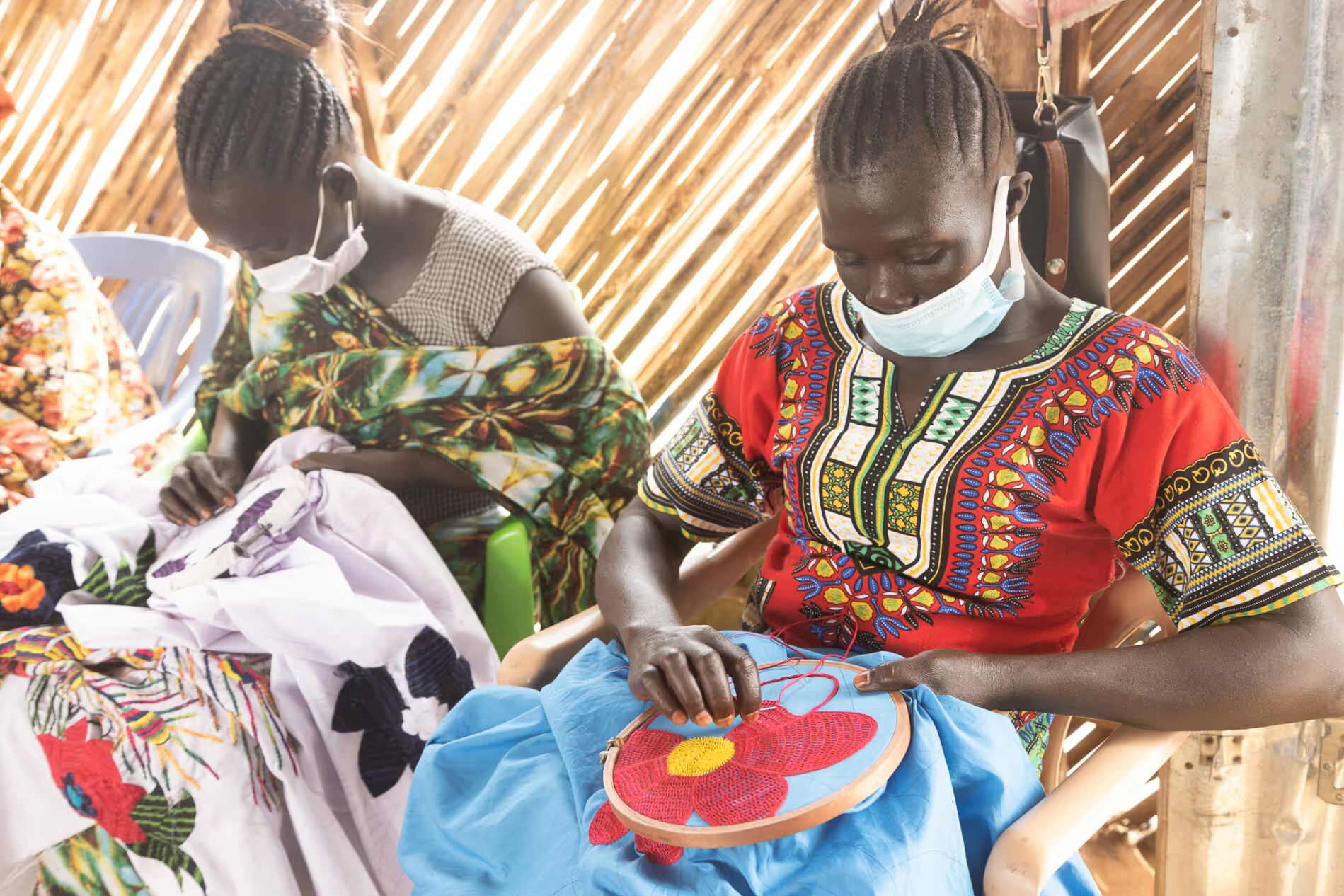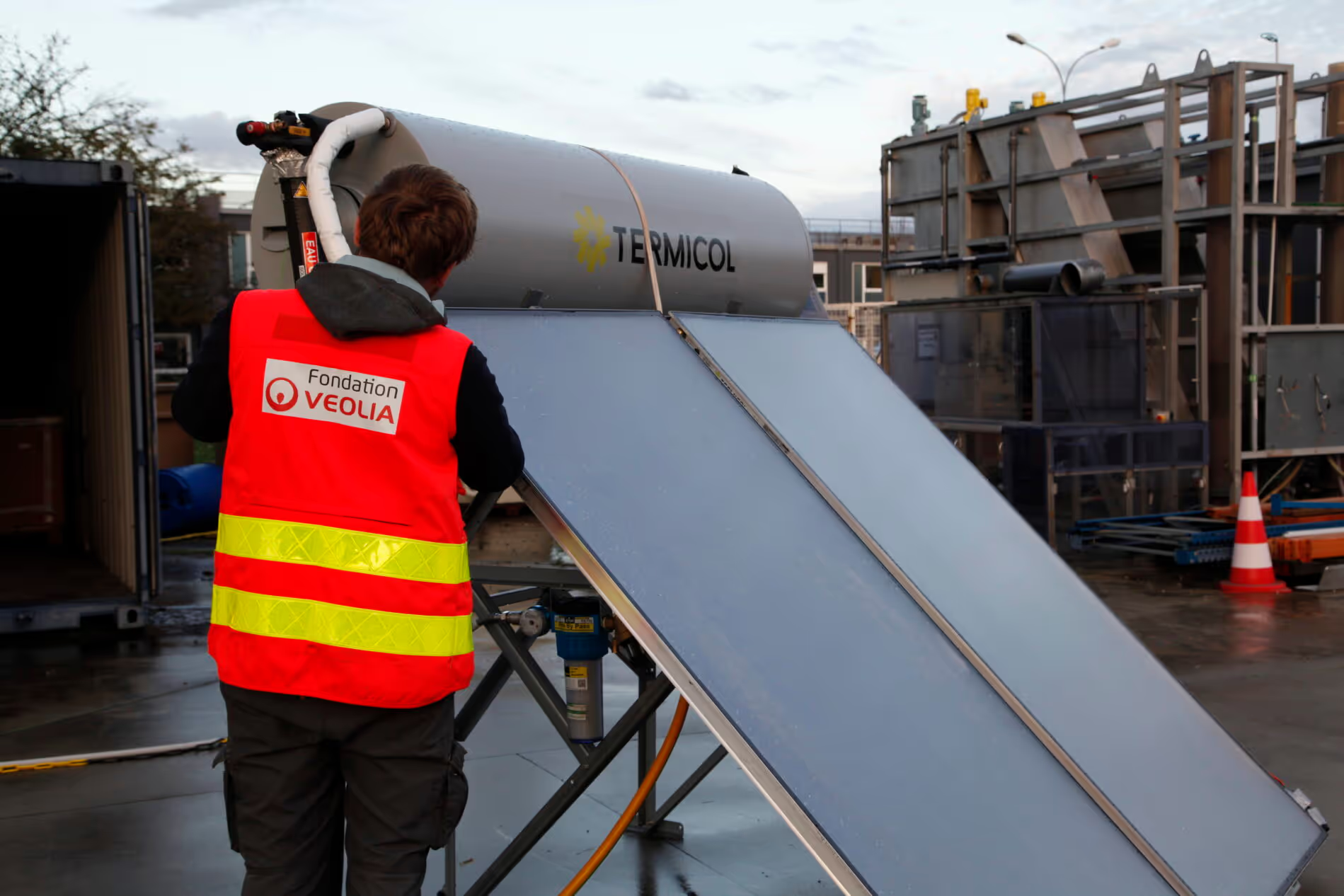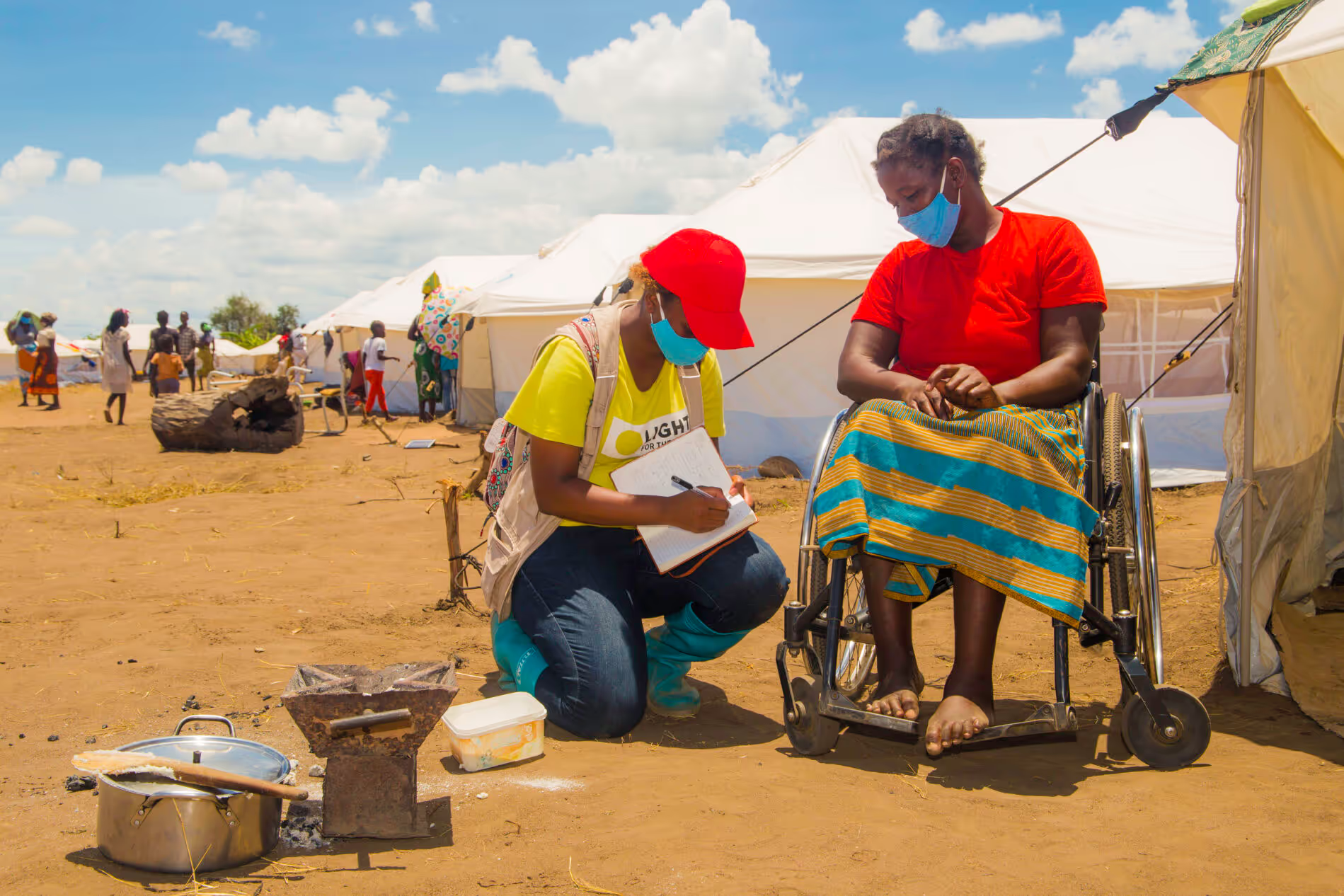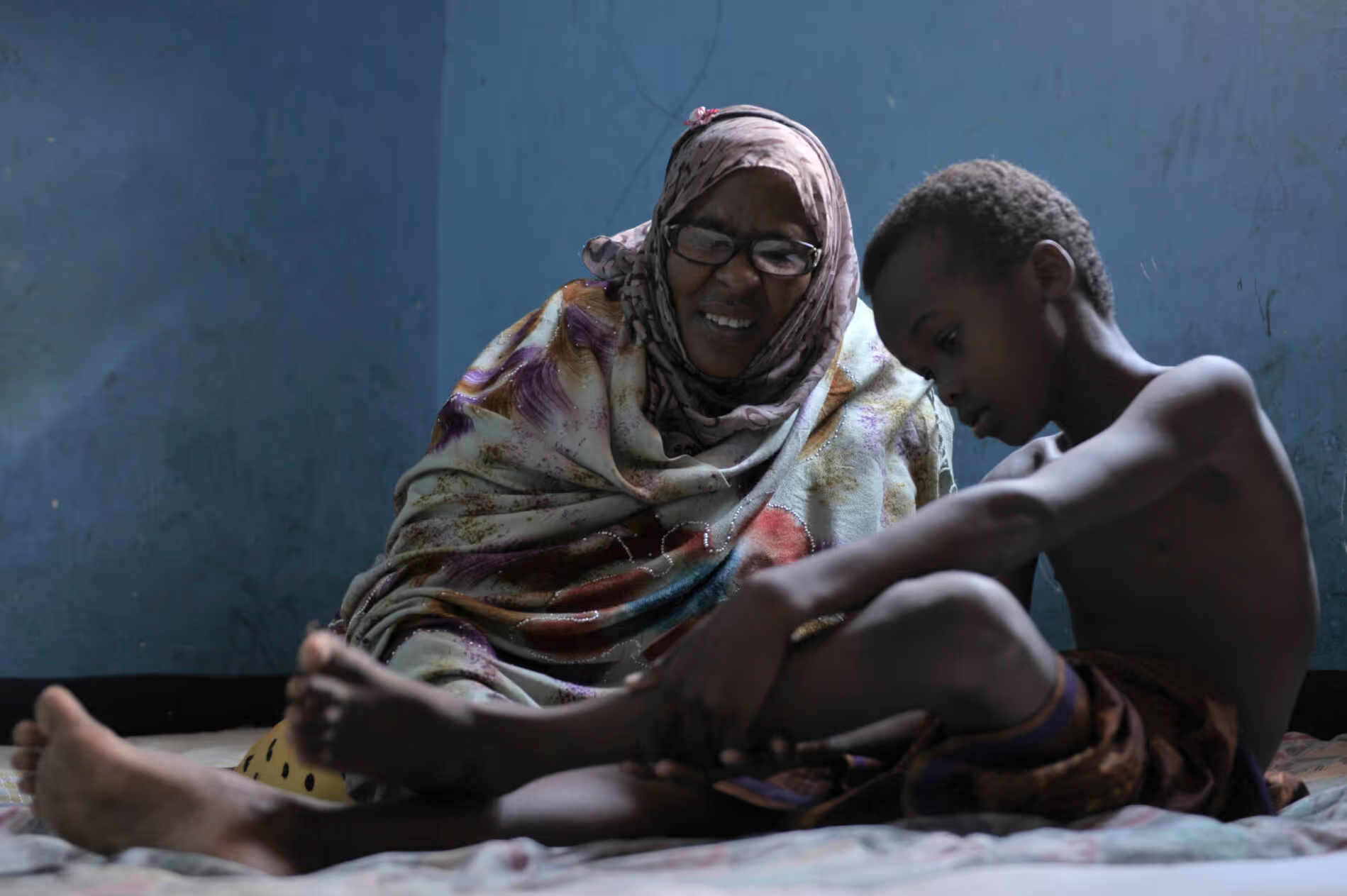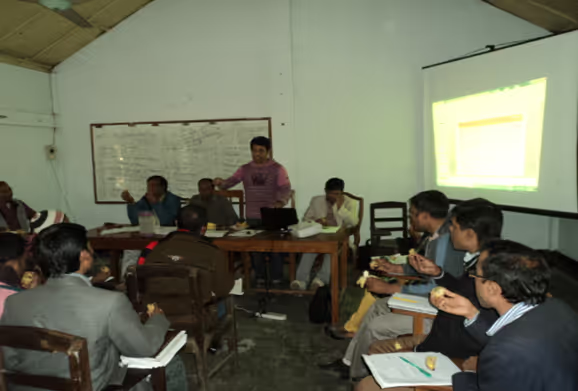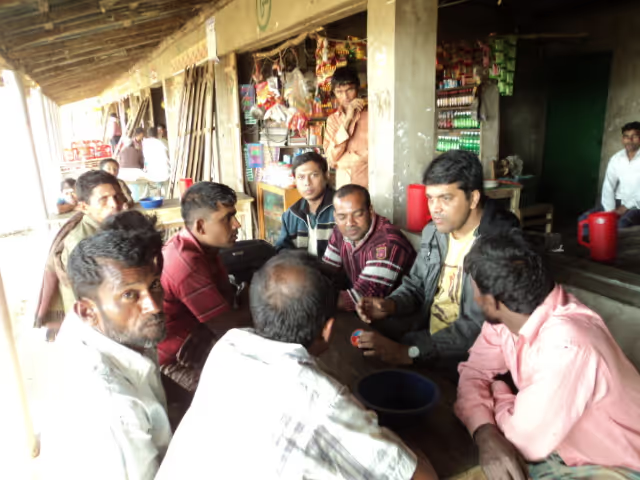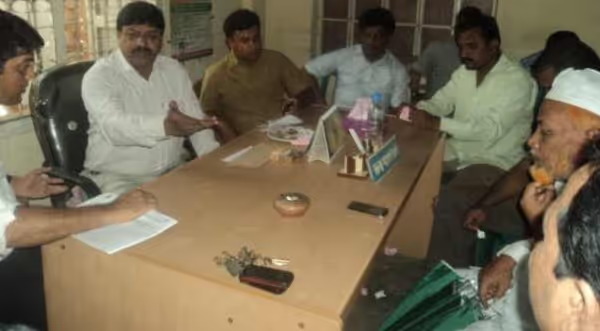A People Centered Early Warning system specifically designed to address the needs of selected fishing communities in Cox’s Bazaar
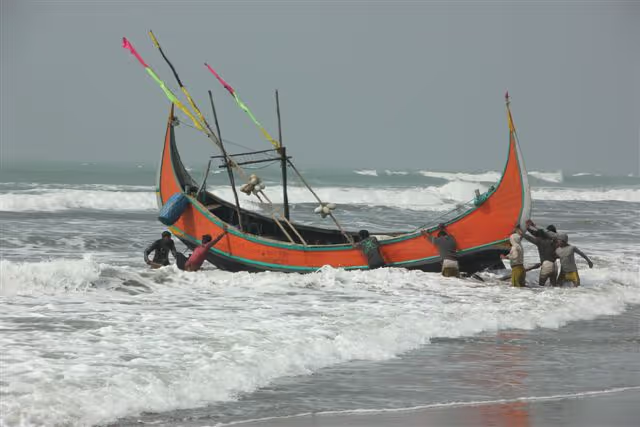
Project overview
The project addresses the need for sufficient lead time on warnings of rough sea events through satellite-based weather signals. This enables fishermen to make sound decisions for their journeys back to shore.
Project solution
This project offers [specific solution or intervention] to tackle [challenge]. By implementing [strategies, tools, or innovations], the project aims to achieve [desired outcomes]. The approach is designed to [specific actions or methods] to bring about meaningful change in [community, region, or issue area].
Expected outcomes
This project aims to achieve [specific outcomes], such as [measurable results, improvements, or changes]. The expected impact includes [benefits to the target community, advancements in research or innovation, or long-term effects]. By the end of the project, we anticipate [specific changes or milestones] that will contribute to [broader goals or objectives].
WHAT IS THE HUMANITARIAN NEED?
- Weak existing early warning systems (EWS) in Cox’s Bazar District that fail to provide reliable and timely life-saving information.
- Lack of satellite-based weather signals to allow sufficient time on warnings of rough sea events.
- Lack of digital tracking of fishing vessels to allow for more efficient and precise rescue missions in the event of capsizing.
- Storms/rough weather conditions in the Bay of Bengal resulting in loss of lives/livelihood, damage to property, and high dependency on humanitarian response among coastal communities in Cox’s Bazar.
- Weak community capacity in early warning and disaster risk reduction (DRR) resulting in a reactive, rather than proactive, approach to disaster.
WHAT IS THE INNOVATIVE SOLUTION?
Introduction and implementation of a digital early warning system through General Packet Radio Service (GPRS) for improved tracking fishing vessels and disseminating early warning messages to fishermen. In combination with community-based DRR measures, this product supports communities, private sector partners, local/national level GoB to establish an effective an EWS for poor coastal fishing communities that is expected to be transferred to local and national institutions for scale-up.
The digital tracking of fishing vessels allows for more efficient and precise rescue missions in the event of capsizing.
This innovation helps to protect the lives and livelihoods of fishermen who are vulnerable to frequent and severe weather events at sea. By providing timely and reliable early warning information, loss of lives and damage to property, and thus the need for humanitarian response, is reduced. Community capacity in early warning and DRR is being strengthened through training and adoption of this system, thereby promoting a proactive rather than reactive approach to disaster.
WHAT ARE THE EXPECTED OUTCOMES?
The project targets 300 boats and approximately 3,000 fishermen residing in 24 communities of Cox’s Bazar District in the Bay of Bengal – home to approximately 20,000 people who will benefit from education and training on DRR and EWS. CARE will collect and disseminate learning through Monitoring &; Evaluation workshops and meetings with relevant stakeholders and will conduct evidence-based advocacy to raise awareness at sub-national and national levels amongst fishing communities, GoB and the private sector.
Project delivery & updates
Stay up to date with the latest developments from this project. Here, you will find details on what has been delivered, resources created, and regular updates as the project progresses. Access key documents, reports, and other materials to see how the project is making an impact.



